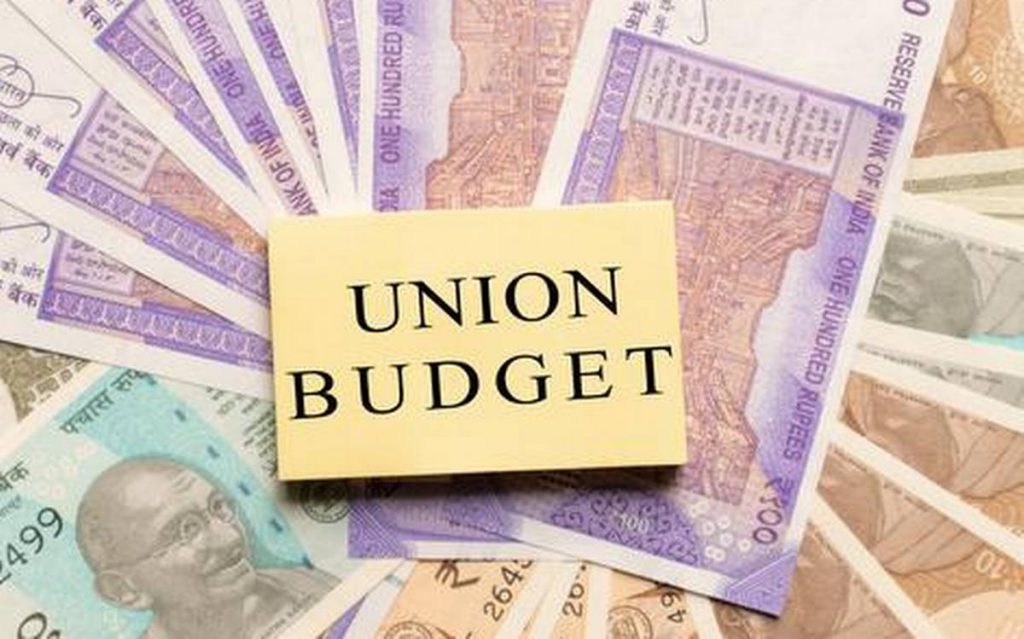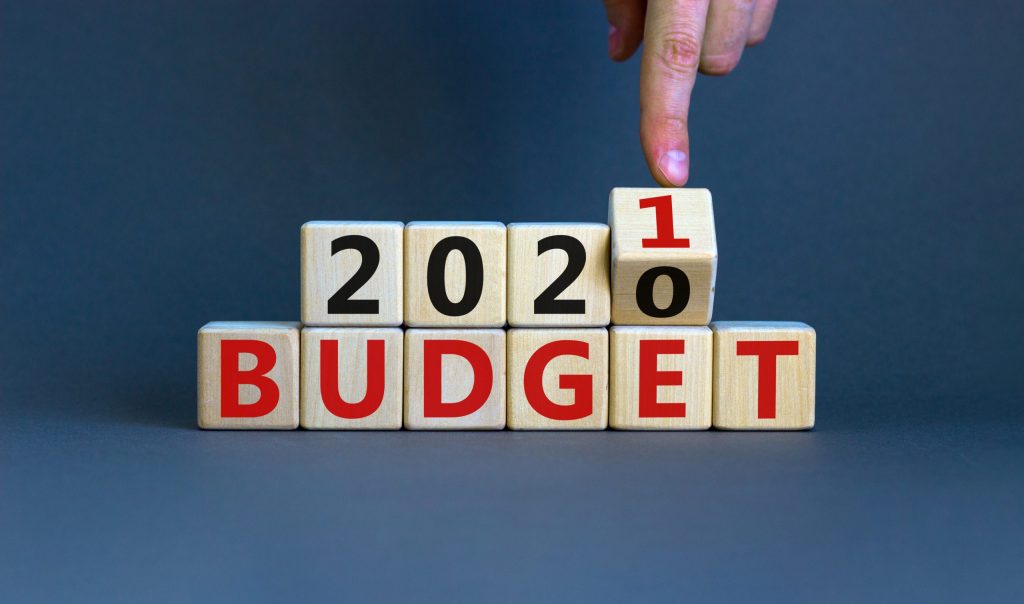Amid the slowdown caused by COVID-19, sectors of the economy are waiting for the Union budget 2021 with great anticipation, and real estate is no exception. From including stamp duty under the Goods and Services Tax (GST) to simplifying the sunset clause for affordable housing projects, property developers are expecting some unprecedented announcements in the upcoming Union budget 2021 that reduce costs. Construction and project delivery acceleration. Since the Finance Minister, Nirmala Sitraman, submitted the Federation's budget 2021-22 on February 1, all sectors and industries have submitted their proposals to the center. The real estate sector has also prepared its list of requests and hopes that the government will formally consider the proposals, as the real estate market has been severely affected by the outbreak of the Coronavirus. Although the repurchase rates have not changed, the relaxation of Non-Performing Asset Classification (NPA) rules, the one-time restructuring of corporate and personal loans (including mortgage loans) and the infusion of Rs 20 billion into Sector Banks (PSB) have been done. Reducing some measures worthy of recognition by the center, and there are a plethora of other unprecedented initiatives that are vital to fixing the damaged housing market. According to Niranjan Hiranandani, National President of NAREDCO, “The pandemic has caused an avalanche of structural and cyclical challenges. Therefore, the Union budget 2021 projections are in line with financial rationalization, the push towards affordable housing, access to alternative financing, and ease of doing business within the legal and regulatory framework. The revitalization of the real estate sector is essential for the growth of the GDP, creating additional job opportunities, and attracting investments from national and international investors. "
These are the key industry projections for the Union budget 2021:
Access to an alternate fund
The real estate sector in India continues to suffer from several project delays due to a severe liquidity crunch. More than four caves of housing units are stagnant or underdeveloped in major cities. Therefore, obtaining alternative financing is necessary to speed up the construction of these unfinished projects. Rakesh Reddy, director of Aparna Constructions and Estates, says residential developers need a strong influx of capital to keep the supply going and prevent real estate price spikes. Therefore, the government should allow some additional incentives for private sector investments, as it will help developers and homebuyers who are awaiting the completion of their dream homes. Moreover, low-cost financing from financial institutions is crucial to ameliorating the imbalance between supply and demand in the housing sector.
Rakesh Reddy, director of Aparna Constructions and Estates, says residential developers need a strong influx of capital to keep the supply going and prevent real estate price spikes. Therefore, the government should allow some additional incentives for private sector investments, as it will help developers and homebuyers who are awaiting the completion of their dream homes. Moreover, low-cost financing from financial institutions is crucial to ameliorating the imbalance between supply and demand in the housing sector.
Include postage fees under GST
While the introduction of the Goods and Services Tax (GST) has successfully eliminated many other corporate taxes, the real estate industry continues to struggle with its burden. An example is a real estate under construction, where both GST and stamp duty are collected, and the stamp tax credit is not available under GST. According to Suresh Surana, founder of RSM India, “Stamp duty is generally calculated on the value of the asset based on the circular price set by the country, which in many cases is higher than the market value or the value traded between the seller and the buyer. This makes both the seller and the buyer responsible for Paying taxes on theoretical gains/gains under the provisions of Sections 43CA, 50C, and 56 (2) (7) (b), which is the case of double taxation." In most states, the stamp tax ranges from 3 to 8 percent and is levied on the purchase of land, as well as the sale of the property, without any compensation for the previous stamp tax. Therefore, to avoid multiple taxes, it is imperative that stamp duty is included in the GST and allowed to be balanced with SGST(as per Union budget 2021). While this will require major reform at both the central and state levels and support for the Goods and Services Tax Board, it will also make the real estate sector more competitive and eliminate distortions.Rationalizing the benefit from the lapse requirement for affordable housing projects
While Section 80 of IBA provides for a tax deduction on profits from the sale of affordable housing projects, developers cannot make a profit or Optimal due to the imposition of the Minimum Tax Alternative (MAT). “Currently, although developers claim 100 percent profit from the sale of affordable housing projects under Section 80 IBA of the Information Technology Act, they are required to pay tax on accounting profits in accordance with the MAT application. This negates them. Permitted tax benefits for developers. Therefore, the government should consider this trend and eliminate the MAT provisions to facilitate the optimum benefit for builders under the sunset clause, ”Surana adds.
“Currently, although developers claim 100 percent profit from the sale of affordable housing projects under Section 80 IBA of the Information Technology Act, they are required to pay tax on accounting profits in accordance with the MAT application. This negates them. Permitted tax benefits for developers. Therefore, the government should consider this trend and eliminate the MAT provisions to facilitate the optimum benefit for builders under the sunset clause, ”Surana adds.
Stricter laws on late/unpaid payments
Delay in payments/default of real estate has become an issue affecting working capital cycles. While the 2016 Insolvency and Bankruptcy Act (IBC) is an important reform for taking legal action against delinquent clients, the application remains Long, complicated, and expensive. Additionally, after COVID-19, any action under the IBC for new default has been suspended, complicating the recovery process. The industry awaits additional steps to enforce payment systems and regain lost business momentum.Amendment to Section 80IBA
Currently, the Section 80IBA feature, that is, affordable housing, is only available for housing projects that fulfill the following conditions: to me. The project was approved after June 1, 2016, and before March 31, 2020 Second. The project consists of units of up to 60 square meters in big cities and 90 square meters in non-metropolitan cities, the cost of this housing will not exceed Rs 45 lakh. However, developers are urging that these benefits be available for projects approved between June 2016 and December 2022 to match the prime minister's plan "Housing for all by 2022". Also, the cost limit for affordable units should be increased from Rs 45 lakh as it is difficult to build an apartment within this Union budget 2021 in big cities where land values are excessive.
However, developers are urging that these benefits be available for projects approved between June 2016 and December 2022 to match the prime minister's plan "Housing for all by 2022". Also, the cost limit for affordable units should be increased from Rs 45 lakh as it is difficult to build an apartment within this Union budget 2021 in big cities where land values are excessive.



_1712833187.webp)




